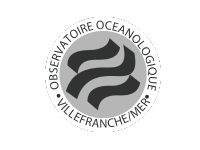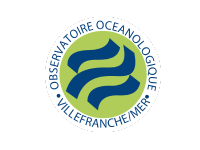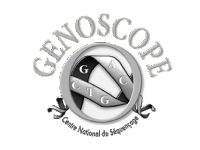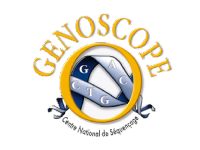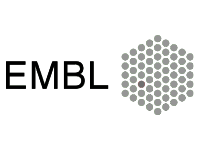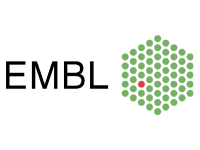You are here
Project organisation
8 working groups interlinked
Each partner participates in one or several working groups within the OCEANOMICS project, depending on their skills.
Thus, the project revolves around 8 working groups divided into 3 organizational themes that combine exploration of plankton biodiversity and ecosystem analysis to develop an applied line of research.
- Data production and primary analysis
- Data integration and modeling
- Transfer of technology and knowledge
Data production and primary analysis
This theme includes 3 working groups with the purpose of assembling the environmental metadata, cellular imaging and sequencing data. The first working group (Environmental data) processes the physico-chemical and bio-optical parameters collected at each station during the Tara Oceans expedition. The second working group (Morphological data) aims at generating and analyzing images of the collected organisms of all size fractions. Finally, the third group (Genetic data) deals with the sequencing data of the collected samples and reference genomes generated from isolated species or symbiotic communities of interest.
Data integration and modeling
Two working groups are integrated into this theme. One of the major aspects of this program concerns the archiving of all types of data generated during the Tara Oceans expedition and within the OCEANOMICS project. The first group (Archiving of data) aims at developing a portal with a search system allowing the user to locate all types of available data and the related analysis. In close conjunction with this portal, a working group (Bioinformatics & ecosystem modeling) develops bioinformatic tools to analyze the generated data and understand the planktonic ecosystems in a holistic manner.
Transfer of technology and knowledge
One of the tasks of OCEANOMICS is dedicated to applied research (Screening & search of active compounds) and studying the potential of planktonic organisms to lead to new and innovative industrial uses of these ecosystems. At the same time, a working group focuses on outreach activities (Innovation, valorization and communication) towards various audiences: industrialists, financiers, teachers and the general public.
Legal and ethical issues
Transversely, a group of lawyers addresses the legal and ethical issues related to the study of the marine bioresources collected worldwide.






